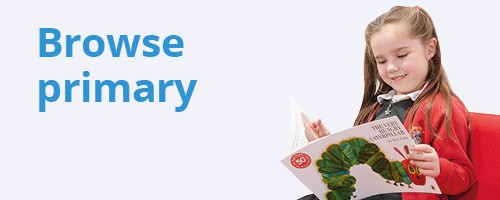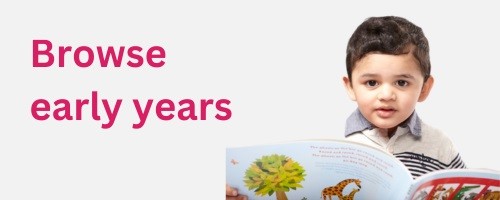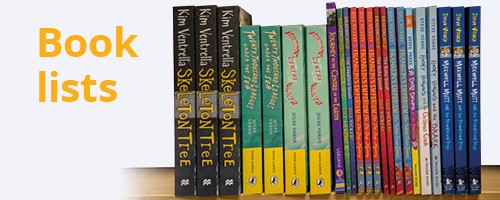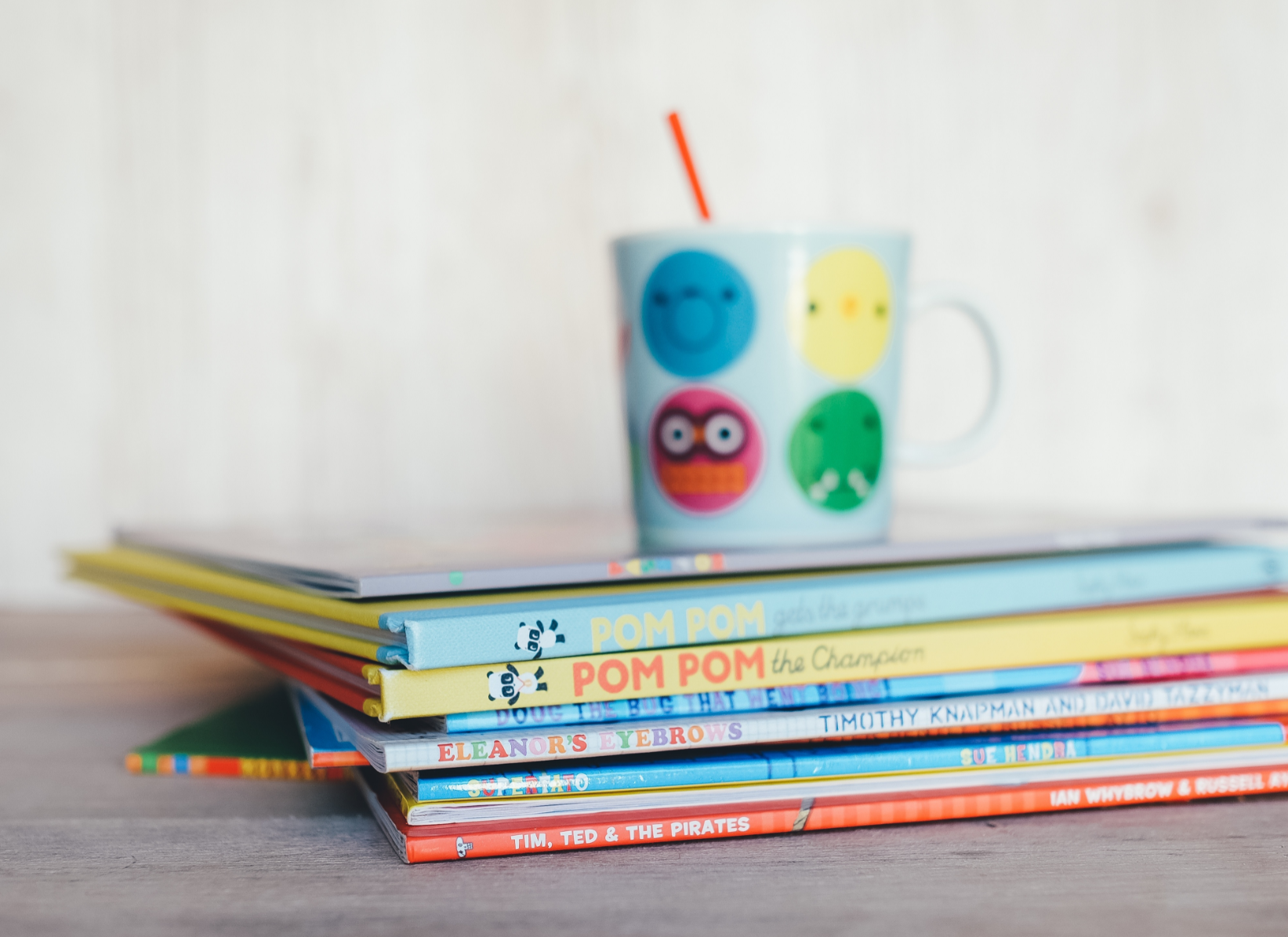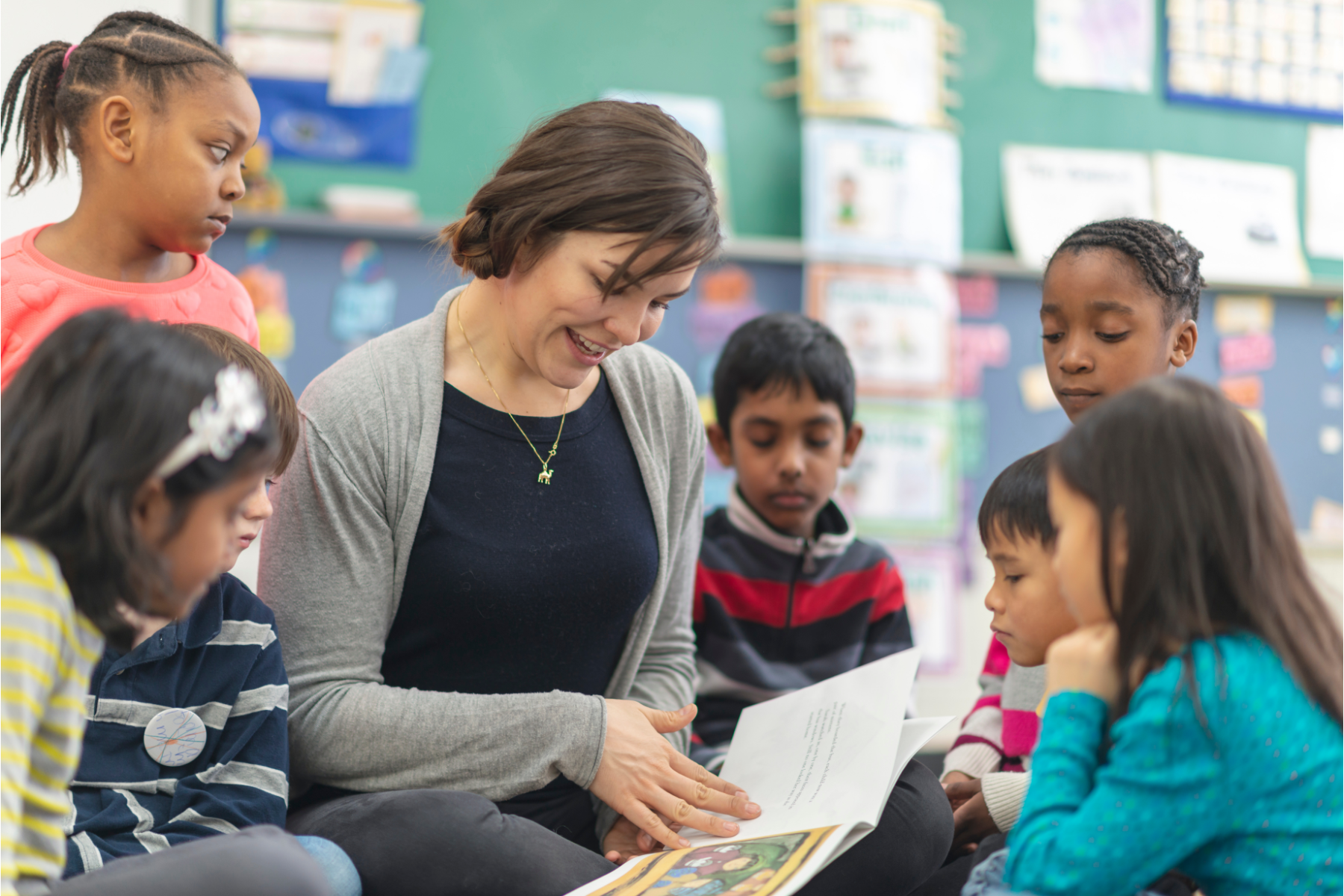Schools please note: due to the summer holidays we will automatically hold all school books and furniture orders due between Wednesday 16 July and Monday 1 September 2025. Delivery will resume from Tuesday 2 September 2025. If your school remains open for deliveries during the summer and you would like to receive your order during this time, please get in touch in advance by calling 0121 666 6646 or emailing hello@peters.co.uk.
For help, advice and telephone ordering call our team on 0121 666 6646
Are you sure you wish to delete this basket?()
This action cannot be undone.
Sorry, something went wrong
Please report the problem here.
Reading Framework series: Reading for Pleasure

October 16th 2023
This week’s focus is something most schools have been making central to their reading mission for many years: reading for pleasure. Whilst as educators we recognise the importance of children not just learning to read, but learning to love reading, the many barriers to reading engagement can be an ongoing challenge.
Research by the National Literacy Trust in 2022 showed that the reading enjoyment of 8 to 18-year-olds was at its lowest level since 2005, so schools evaluating their reading provision with a view to ‘systematically nurture pupils’ desire to read’ is more important than ever.
We explore some ways to inspire your pupils to read, and how we can help.
Confidence and fluency'It is vital that pupils read widely and frequently to increase their confidence and fluency.' (DfE Reading Framework 2023, page 86) Developing fluency in the initial period once progressing from phonics materials can be daunting for pupils and staff. Our website can help you find the right books to be able to offer all children a wide variety of options that they'll enjoy. You’ll find a wide range of beginner reads, specifically scaled to increase in difficulty, as well as short chapter books and HiLo titles to support readers developing fluency at an older age. |
|
Pupil choice'Pupil choice is an essential way of supporting reading for pleasure. Being able to choose is a powerful motivator; pupils are much more likely to enjoy reading if they have chosen the book because it appeals to them, rather than because they have been told to read it.' DfE Reading Framework 2023, page 95 The framework focuses on the importance of providing a wide enough range of reading material from beginner reading up to key stage 2 and beyond, to allow children to choose the books they'll most enjoy. Pupils should have access to recent, newly published titles, and books likely to reflect their own backgrounds and experiences. To help broaden your pupils’ reading horizons, our BooksForTopics ‘Branching Out’ book packs can encourage them to try new titles similar to existing favourites. This range include books for topics KS1 and books for topics KS2, providing a wide range of fiction and non-fction titles. Alternatively, send us a list of books that are popular with your classes and we'll put together a bespoke list of similar books they’re sure to love. |
|
New book recommendations‘To play this role effectively, teachers and librarians need to know the books that their pupils will enjoy and not just those that they would like them to read.’ DfE Reading Framework 2023, page 93 Teachers may be the best promoters of new titles, but staying up to date with new releases can be tricky for time-poor staff. Our librarians and Curriculum Advisors read and review more than 10,000 newly published children’s books each year, with our reviews published online – so you can use our website to find the best new titles to appeal to your pupils. Prefer us to do the hard work for you? Leave the task of regular updates to your bookshelves up to us with our new reading for pleasure book subscription service. |
|
Book talkCreating reading communities is key to building a Reading for Pleasure culture in schools, with book clubs or dedicated story time in schools one highlighted strategy. Another is Drop and Everything and Read (DEAR) in primary schools and Tutor Time reads at secondary. However you choose to engage your pupils in meaningful book talk, we have spines to support you. Our spines will help ensure progression year on year which your staff require to ensure pupils are all offered appropriate challenge and engagement. Find out more on our Reading spines page. |
|
|
|
Reading aloud‘As with younger children, reading aloud to older pupils is a key way of supporting their development as readers. In Key Stage 3, form tutors might consider reading aloud during tutor time.’ DfE Reading Framework 2023, page 101 Reading aloud, even after pupils have secured fluency, is recognised in the reading framework as an important experience. It can bring a class together, foster discussions around important issues, and support pupils to read texts that they may be unable to |
Regular evaluation'To nurture the reading habit, schools need a strategic approach rather than simply an eclectic mix of 'reading for pleasure' activities. Evaluation should take place regularly.' DfE Reading Framework 2023, page 91 Our Curriculum Advisors offer an audit service to support you in evaluating your reading for pleasure provision and creating inviting library spaces to encourage pupils to read. We can visit you in school to review your existing stock and bring it up to date, or audit your stock remotely – evaluating your existing titles from your details held on record, reviewing your English book selections for each year group and suggesting alternatives, or offering advice for related units of work.
|
|
We all understand the importance of pupils embarking on a reading for pleasure journey whilst still at primary school. For each child, reading for pleasure is integral to their emotional, cultural and educational development – but it matters at a societal level too. Without this life skill, young people are less likely to successfully engage with lessons as they progress towards exam years, and as such, their life chances become ever narrower.
Therefore pupil motivation should be top priority when reflecting on reading practice this year, with a focus on enjoyment of reading. Motivation should be driven by curiosity, recommendations, engagement with familiar characters; perhaps through reading a book in a series that the teacher has introduced in book club time, a poetry book the teacher has read in class or a friend’s recommendation.
We'd love to hear what you're doing in school this year to engage pupils in reading; get in touch at hello@peters.co.uk to let us know.
Get in touch
For bespoke support and advice on implementing the reading framework guidance in your school, contact our team at hello@peters.co.uk, or call us on 0121 666 6646.

